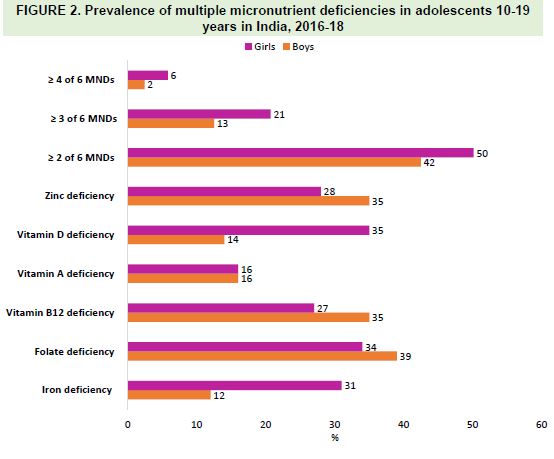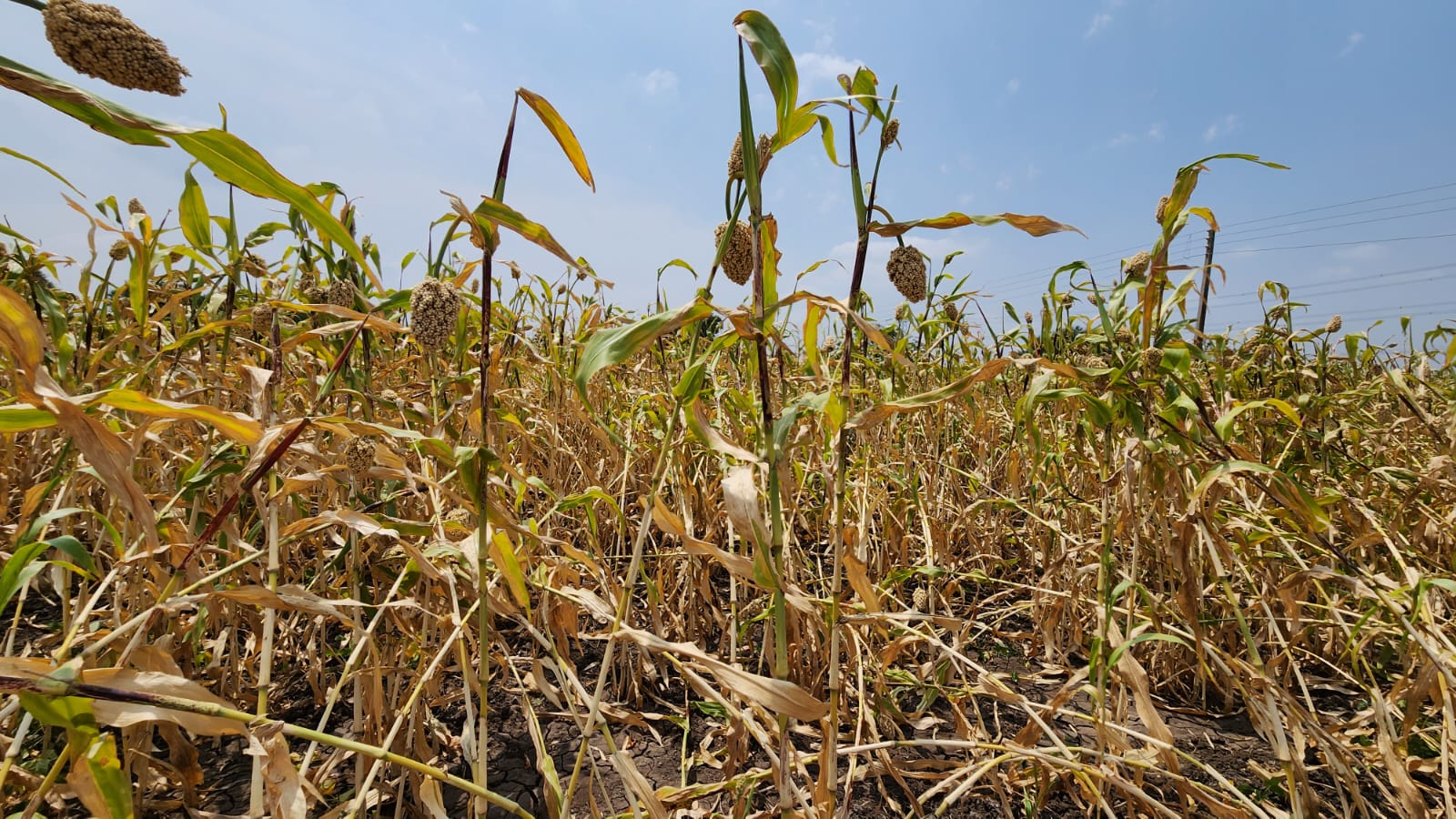(Article contributed by Rathod Shyam Sundar who worked with several nutrition programs of Government & private foundations)
Inadequate food diversity is considered as one of the major reasons for malnutrition in India. As per CNNS 2016-18, only 21% of children aged 6 to 23 months were fed an adequately diverse diet and 6% received a minimum acceptable diet. Today in India, 31.5% of children (1-4 years) are severely suffering from Iron Deficiency, 34.7% children are severely stunted, 17% children are severely wasted, and 33.4% children are severely underweight.
When we see India’s performance in recent Global Huger Index 2020, It ranked 94th out of the 107 countries with a score of 27.2 and which says a high level of hunger that is serious. One out of three children are suffering from severe micronutrient deficiency due to insufficient intake of diverse food. This is severely impacting the active growth of children and adolescents towards the holistic growth. India could change this inadequacy by driving towards the Decentralizing Nutrition through promoting Entrepreneurs in Nutrition from grassroots.

The Government of India’s Poshan Abhiyaan mission which focuses on target-based approach in tackling malnutrition and strengthening community participation in promoting diet diversity can be a right phase in having Nutripreneurs.
Eat Right India, save food, share food, Share Joy the initiatives of FSSAI promotes the local diversified food through associating with local based CSOs, Corporates, entrepreneurs, governments. But these efforts on the ground are missing due to several reasons especially lacking of community awareness on nutrition importance.
This lacking of initiative from the community level/grassroots level is helping the dominant industries to increase the cost of nutrition; and it is difficult for the poor/backward communities to access the diversified food. India has a huge potential to produce entrepreneurs especially in Nutrition sector by taking enormous support from local SHGs, Farmer Groups, youngsters.
As we know India is having advantageous position comparing to other well-developed countries due to its geographical terrain. Each region and each local sphere has unique vegetables, fruits, millets, pulses etc. which could help the local entrepreneurs, communities to provide everyone in the area with a limited cost.

If Nutrition entrepreneurs from grassroots level are been generated then there will be huge potential communities to grow collectively with diversified crop pattern. Probably, it could be a first step towards achieving the targets of Zero Hunger. Decentralizing nutrition directly implies to decentralizing food economy. Decentralizing food economy will boost poverty alleviation programs while achieving the socio-economic & ecological development. Decentralized Nutrition as it helps in reducing the cost of diverse food, ability to produce the food by themselves, improving employment opportunities in nutrition sector.





